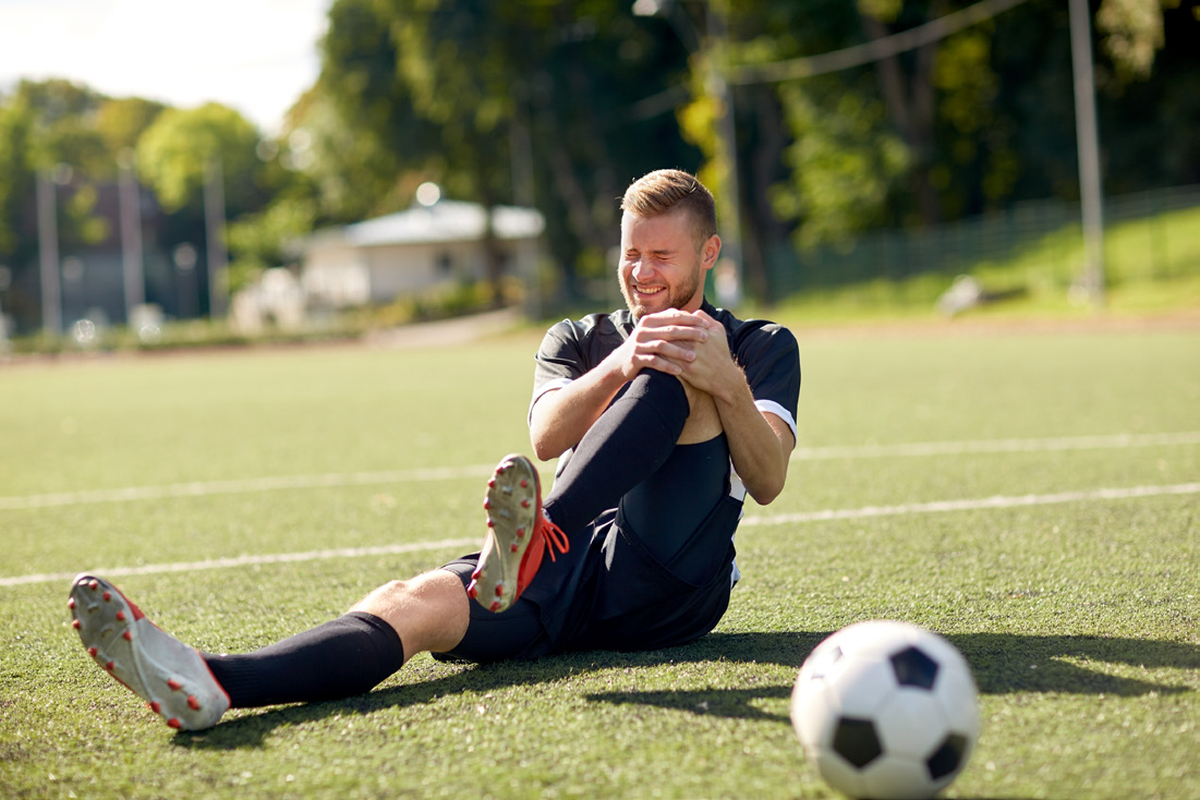All Whites - Canadian Shield
Wed June 18th 2025


The anterior cruciate ligament (ACL) is located inside the knee joint and stabilizes the joint by preventing the shinbone from sliding forwards beneath the thighbone. An ACL injury involves an extreme tearing of the ligament of the knee. A hard twist, or excessive pressure or force on the ACL can tear it, so that the knee gives out and can no longer support the body.
There is immediate pain at the time of injury and the patient may experience a sensation or a ‘pop’. Almost always the patient will be unable to continue playing. Most patients notice swelling straight away, which is caused by bleeding within the joint. Later, when the swelling has decreased there may be “instability” in the joint – the patient’s knee may feel unsteady or it wants to give way.
We know that the knee joint and the ACL are a complex group of joints, ligaments and muscles that need to work in the correct biomechanical pattern to help facilitate movements (such as in sport), but also to prevent injury from reoccurring.
The knee requires a strong stable base to function. Pain, spasm and inflammation will develop if you keep using your knee while it is injured. This in turn causes you to develop poor movement patterns. Your walking / running style will be altered and your proprioception (balance) will also be affected. Strength deficits will occur in your knee and the surrounding muscles and joints. These strength, balance and biomechanical deficits will become a habit and you will be consistently in pain or your knee will frequently give way or feel unsteady.
Treatment of your ACL injury will make you feel better. However, if you have the pain treated (massage, mobilization, medications), but do not correct your biomechanics, your balance and strength deficits, you are only receiving a “temporary relief” from your pain, and it is likely that your pain will reoccur. This is only short-term relief, and not a long-term solution. It may very well be that you need to see a specialist for an opinion about surgery.
Need help tackling an injury or pain? Enter your name below to get started booking an appointment.